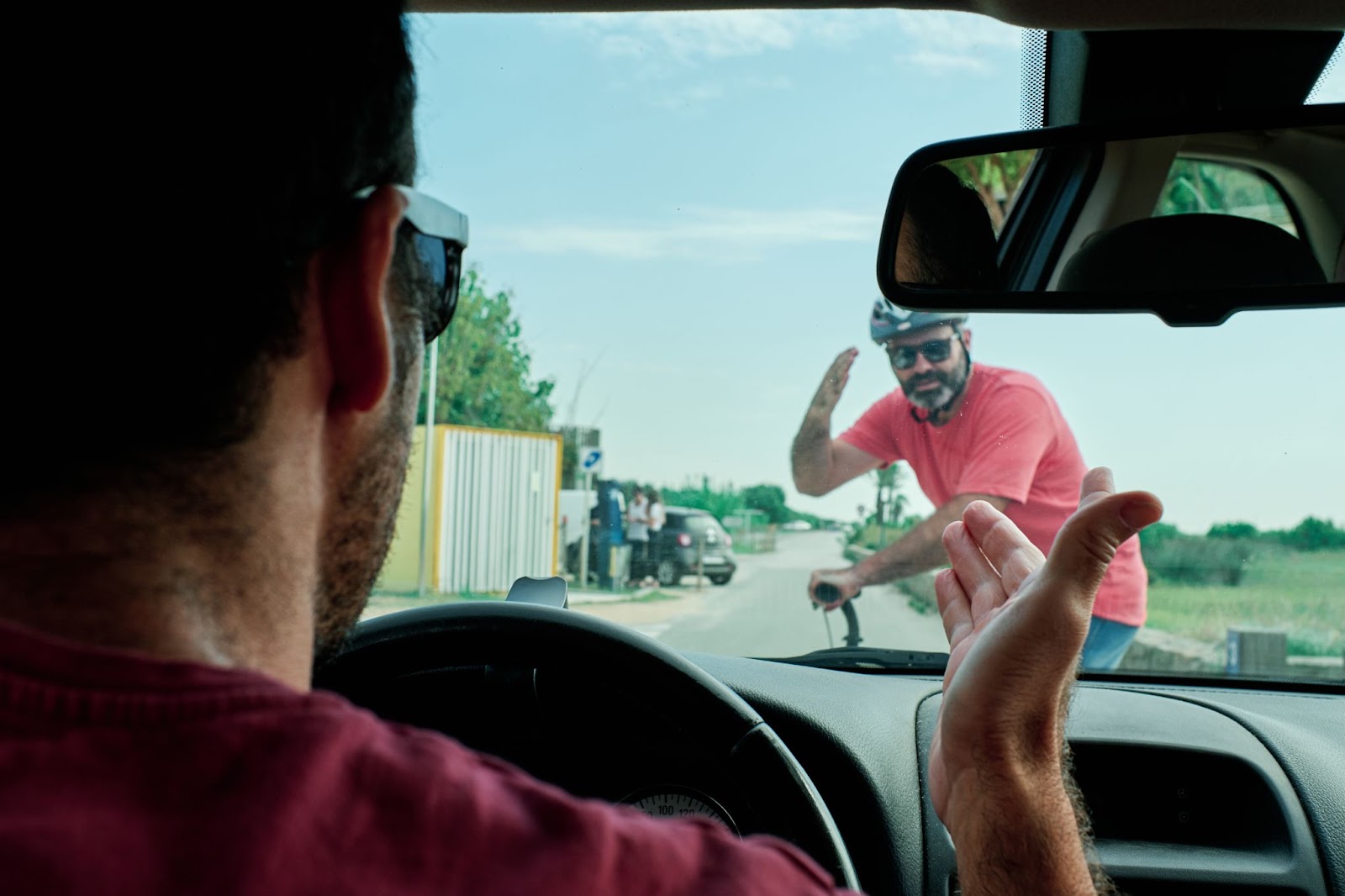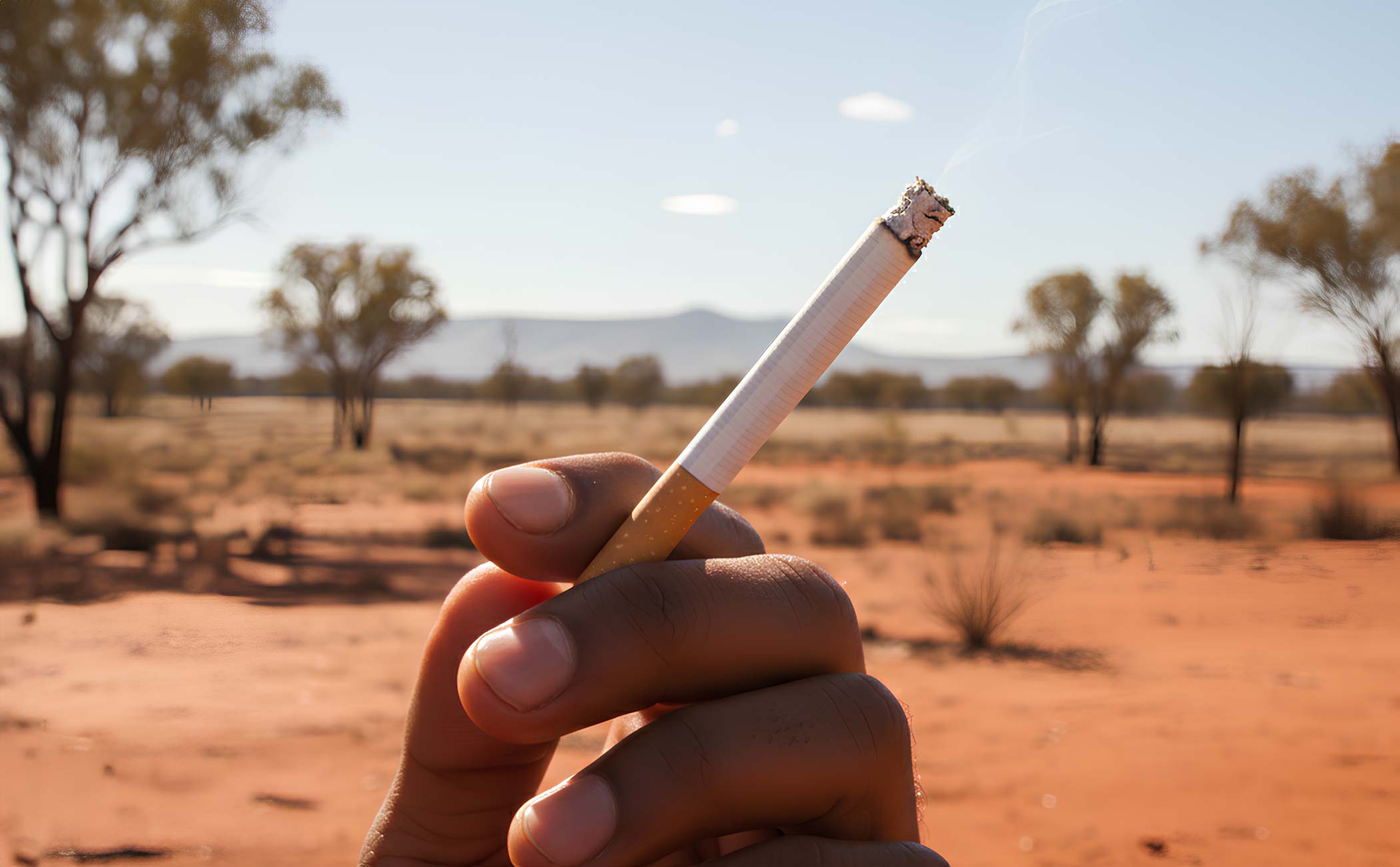A horrific incident at Darling Downs Zoo has left the Queensland community shaken and reignited a national debate about the ethics of keeping wild animals for public entertainment. On July 6, 50-year-old schoolteacher Joanne Cabban, a long-time staff member and relative of the zoo’s owners, lost her arm after a lioness grabbed her through a fence in a staff-only section of the zoo.
A sudden and brutal incident
Cabban, who had been observing lion keepers as part of her regular routine, was attacked in an instant. Despite her experience, the lioness reached through the barrier and inflicted severe injuries. As reported by ABC News, a fellow staff member acted swiftly, using a belt to form a makeshift tourniquet that likely saved Cabban’s life.
The lioness was not euthanised following the incident, with zoo co-owner Steve Robinson stating that the animal had been “just playing” and didn’t show aggression in the traditional sense. The zoo reopened within two days, although all public lion encounters were temporarily suspended.
Wild instincts remain
The attack has prompted criticism and concern from animal welfare advocates and wildlife experts. Dr Alex Braczkowski, a conservation biologist, explained that while safety measures can reduce risk, they can never eliminate it entirely. Speaking to ABC News, he noted that “these things, unfortunately, can still happen” regardless of a zoo’s protocols.
While zoos argue they play a crucial role in education and conservation, the presence of apex predators in enclosed environments remains controversial. As seen in this case, even animals born and raised in captivity maintain the behaviours and instincts that make them dangerous.
A moment for reflection
This latest incident raises difficult but necessary questions. Are the safety procedures in Australian zoos truly sufficient to protect both animals and humans? More broadly, should we still be keeping wild animals in captivity at all?
As The Conversation argues, the attack is a tragic example of why wild animals do not belong in settings designed for our amusement. The illusion of control is just that, an illusion,and when things go wrong, the consequences can be devastating.
As the investigation into the Darling Downs Zoo attack continues, many Australians are asking whether it’s time to rethink our relationship with wildlife, and whether conservation efforts might be better focused on protecting animals in their natural habitats rather than showcasing them behind fences.








